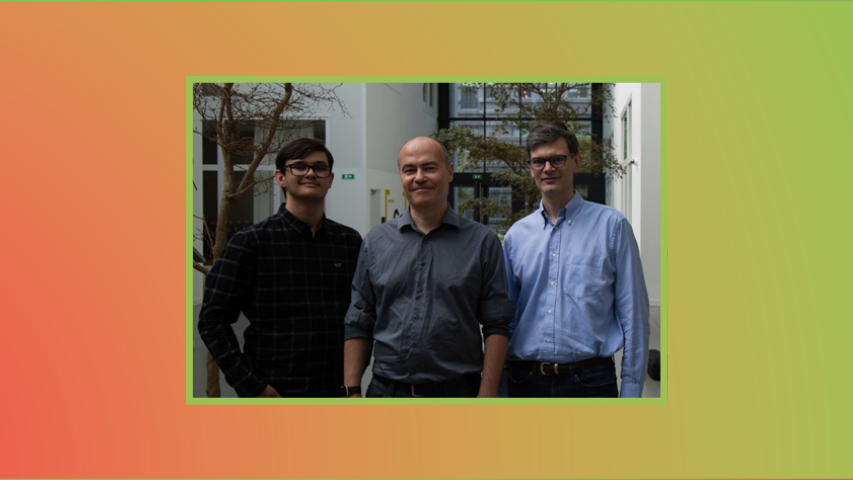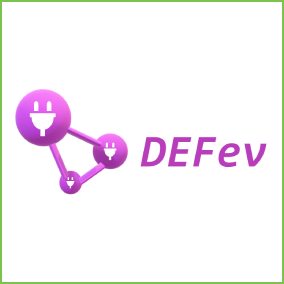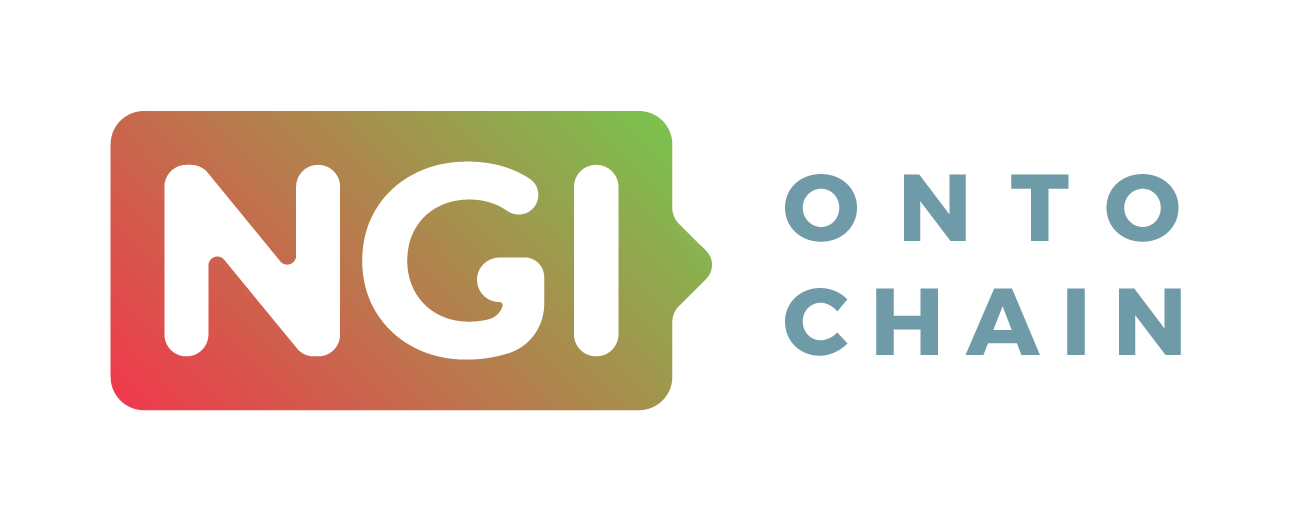DEFev team is here to address the challenge of decentralized sustainable mobility. Learn in this interview with team member Benoît Maïsseu how they are building an open ecosystem to simplify the electric vehicle charging network development, and the support they have found in ONTOCHAIN to take their work even further.

Maxime Roadley-Battin (left), Benoît Maïsseu (middle) and François Chiron (right)
Can you briefly present us your team? What’s your story and what drives you?
Werenode team comprises the following members:
Benoît Maïsseu (CEO, CentraleSupélec 1996, Economics La Sorbonne) was formerly head of the development of the electrical and electronic components of the first Renault EV of the Li-Ion battery generation. Lately, he was Strategy Director for Electric Vehicles and Robotic Vehicles for the Renault Nissan Mitsubishi Alliance.
François Chiron (CTO, Polytechnique 1992) is an expert in cybersecurity, AI, and internet of things. He was previously CTO of Bitzuri, one of the first African exchanges. François Chiron also founded UVW, a company that developed an E2E solution for mobile phone payments in Kenya.
Nadiya Khokhryakova (President, PhD La Sorbonne, BBA Kharkov) having been a high fashion model herself for several years, she launched her own clothing line in 2001 in Ukraine. She manages all legal, administrative, and communication matters.
François Colet (EV charging expert, ENSP Grenoble) is one of the main drafters of the ISO15118 standard. He’s the author of several major patents and his main hobby is mobile app development for which he always seeks the perfect UI.
Benoît Rognier (CBO, ENSICaen & Master Computer Sc. Nottingham University), has worked for KXEN and also for Probance as CTO. He is also co-founder of Edukera, an online application for learning mathematics and formal logic. He recently developed a new language dedicated to Tezos smart contracts: Archetype and specified the NFT solution for Ubisoft.
The team members comprise a wide range of skill sets from EV charging technical know-how to blockchain experts with deep software engineering expertise.
Nadiya Khokhryakova, Benoît Maïsseu, and François Chiron met during their studying years and François Colet and Benoît were working together on EV projects for Renault when they decided to launch together the Werenode adventure.
In simple words, what is your project about and how does it contribute to the ONTOCHAIN software ecosystem?
Werenode is building an open ecosystem to simplify the electric vehicle charging network development. We use the blockchain to produce the user and charging point certificates in a decentralized way, removing the need for a central player. This agile process opens the path to the uberization of the charging point operation and wider and quicker deployment of charging infrastructure. Our solution is an app allowing mainly two features: (1) to pay for EV charging with cryptocurrencies (2) to share your own charging point. Moreover, our framework allows a simplified path toward new services valuation (Smart Charge, V2G, electricity branding...).
DEFev project is the implementation of this solution in the ONTOCHAIN ecosystem, bringing decentralization even further with the combined concept of the EVSE pilot smart contract and of the EVSE community manager, a duplicable worker able to control the charging station (Electric Vehicle Supply Equipment).
How did you come up with this project idea and what benefits will it bring to the end users?
Benoît Maïsseu and François Colet were directly involved in the inception of the new standards for EV charging. Additionally, François Chiron, Benoît Rognier, and Benoît Maïsseu were early crypto-enthusiasts. That’s why as a team they were able to design a Web 3.0 disrupting solution to answer the new challenge of decentralized sustainable mobility.
In what way is ONTOCHAIN contributing to your own ambitions?
ONTOCHAIN provides us with an integrated set of tools that facilitates and consolidates our implementation. Furthermore, we think that the right way to introduce blockchain in real concrete daily life will be through complementary sets of solutions bringing an all-in-one answer to payment, secured identity, and digital economy challenges. This implies to get rid of central authority architectures and will allow to avoid winner-takes-all oligopolistic markets. Teaming-up with other ONTOCHAIN projects is also a great opportunity to accelerate our development and build powerful synergies.
How do you assess the experience of working with other ONTOCHAIN teams? What type of synergies do you want to explore/are already exploring?
We have had a great working experience with the ONTOCHAIN coaching team and with the other projects. Indeed we have discovered very dynamic and competent teams with breakthrough ideas. We have explored very interesting synergies with Gimly, Startin’blox, Reputable and Convex and we expect to be able to integrate these projects into our activities.
What are your expectations regarding the ONTOCHAIN software ecosystem and its contribution to the NGI priority areas?
We would like ONTOCHAIN software ecosystem to be able to become a new major blockchain ecosystem and a reference for new Web 3.0 developments. In accordance with the NGI priority areas, this means building together a new internet focused on humans thanks to practical, trustable, and secured applications and features.

 This project has received funding from the European Union’s Horizon 2020 research and innovation programme under grant agreement No 957338
This project has received funding from the European Union’s Horizon 2020 research and innovation programme under grant agreement No 957338




